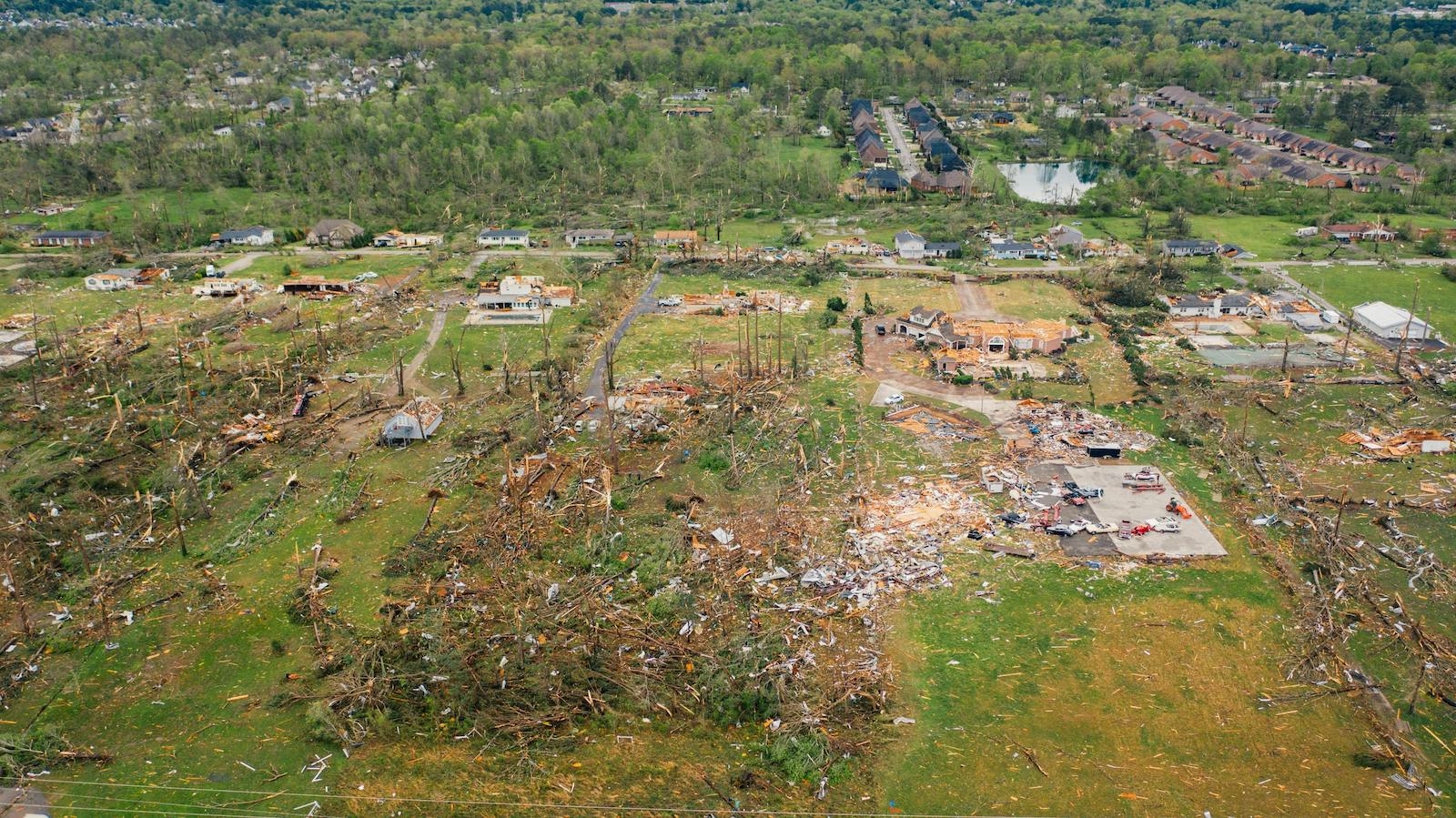In October 2022, the U.S. Department of the Treasury’s Federal Insurance Office (FIO) unveiled a proposal to collect data from certain property and casualty insurance companies to better understand the impacts of climate change on the availability and affordability of homeowners’ insurance in the U.S. The FIO invited the public to respond to this proposal by the end of 2022 with ideas to ensure the data collection surfaces useful information.
Cervest welcomed the FIO’s effort as a positive step. Better, more consistent information is critical for insurance companies, regulators and consumer groups to understand and prepare for the impacts of climate change on insurance availability and affordability. As a climate tech company committed to putting climate intelligence at the core of business and investment decision-making, the Cervest team took the opportunity to respond to the FIO’s data collection proposal with insights and considerations to strengthen its effectiveness.
As the FIO and other insurance supervisors look to develop strategies to manage and respond to climate risks, regulators should factor in the role of climate intelligence and technologies like Cervest’s as critical inputs in effective climate risk assessment and management. With that in mind, Cervest’s public comment focuses on three insights to support the FIO in its effort.
1. Emerging climate intelligence tools are transforming approaches to climate risk assessment and management
Advances in climate data science, measurement technologies, machine learning and climate risk analytics are making it more feasible than ever to understand future climate impacts at a granular level. The FIO would benefit from an understanding of how Cervest and others have created data-driven analytical tools that help capture the probability and magnitude of a range of climate hazards and risks to organizations, and of how those tools will evolve.
2. Forward-looking analysis of climate risks is critical in the insurance sector
The FIO proposal comes on the heels of significant climate-related events in the U.S. that have demonstrated the potential for disruption in insurance availability for homeowners in vulnerable areas. Hurricane Ian alone caused damages between $50 billion and $65 billion.
As disasters like these intensify due to climate change, catastrophe models used in the insurance sector are likely to underestimate their exposure and impact because they are traditionally constructed using historical distributions of climate risk. To form an accurate picture of climate risk, historical data must be analyzed with forward-looking methods, including scenario planning. Given the increasing precision and detail of today’s climate models, they should provide the basis for more accurate pricing of insurance products. This kind of analysis over longer time horizons is also critical to identifying opportunities in the sector to improve resilience in regions and communities particularly vulnerable to climate impacts.
See also: 2023 MAY BE THE HOTTEST ON RECORD
3. Eventually, consistent metrics will be needed to provide useful and comparable information
As the impacts of climate change accelerate and approaches to assess climate risks become more sophisticated, the sector will need to coalesce around standardized impact metrics that support interpretation and comparability of climate risk. In their comment, the Cervest team discussed the potential of one such metric, Climate-Value-at-Risk (CVaR). While the FIO’s data collection represents a first step toward determining any gaps in its oversight of climate-related risks in the sector, there are opportunities in the months ahead to understand how metrics like CVaR could be used to inform pathways to greater standardization.
These are the highlights of our response. You can read Cervest’s full public comment here.






